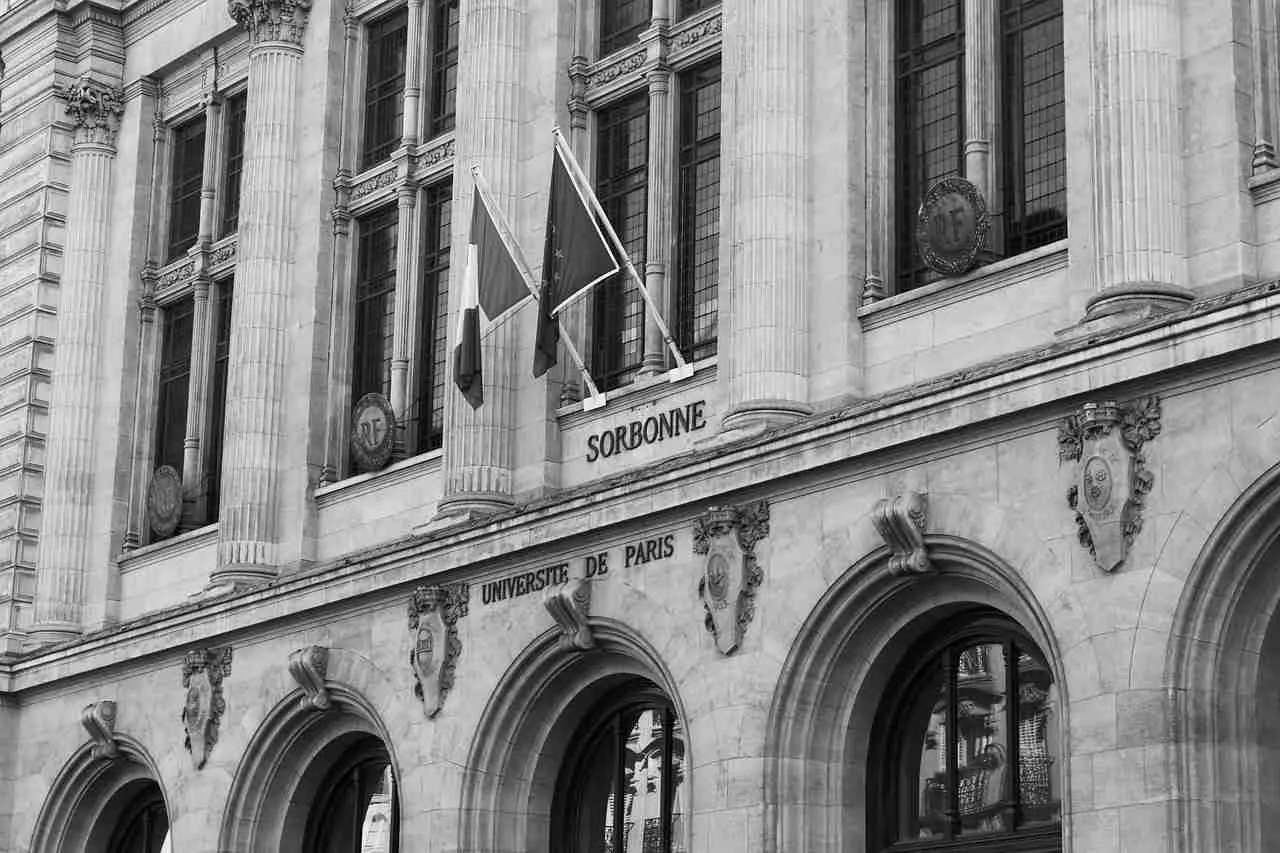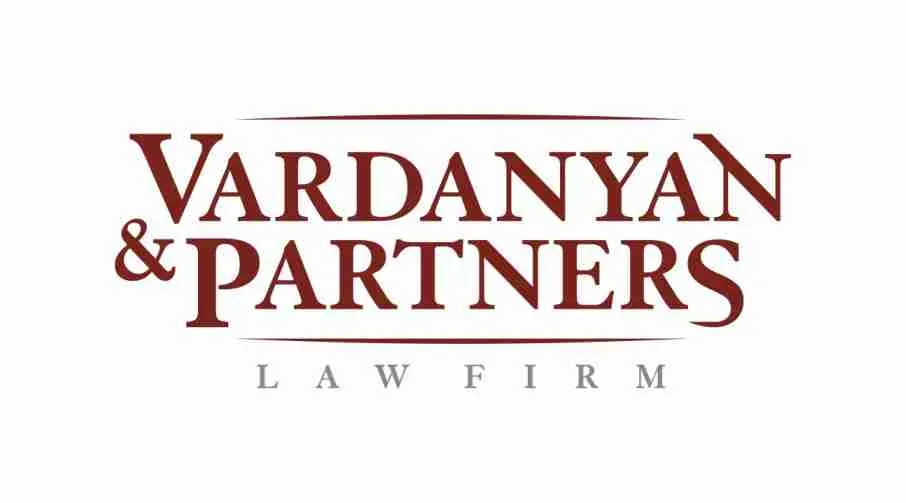France, with its rich culture, history, and renowned quality of life, has become a desirable destination for investors and entrepreneurs seeking new opportunities and a stable environment for their families. A significant advantage of relocating to France is access to its esteemed education system, offering free or highly subsidized education for children. This article explores the pathways to obtaining residency or citizenship in France through investment and entrepreneurship, focusing on the educational and lifestyle benefits for families.
Obtaining Residency in France
France offers attractive options for investors and entrepreneurs who wish to actively contribute to the French economy. While a traditional "Golden Visa" program offering residency through passive investments like real estate or government bonds is not available, the Talent Passport serves as a primary route for those seeking residency through investment or entrepreneurship. This long-stay visa is designed to attract foreign professionals and individuals with entrepreneurial goals. Notably, there are no specific language requirements for the initial residency application.
Talent Passport - Investors Program
The Talent Passport - Investors Program caters to individuals seeking to make a significant financial investment in France.
Key requirements include:
Minimum Investment: A minimum investment of €300,000 in a French company is required. This can be a direct investment or through a company where the applicant holds at least a 30% share.
Business Plan: A comprehensive business plan encompassing an economic assessment and local market analysis is mandatory.
Company Ownership: Applicants must hold at least a 10% stake in the company receiving the investment.
Job Creation: A commitment to creating or maintaining jobs for French workers within four years of the investment is essential.
Source of Funds: Applicants must provide verifiable proof of the legitimate source of funds used for the investment.
Accommodation: Proof of accommodation arrangements in France is required.
Background Checks: Applicants must undergo background checks as part of the application process.
Health Insurance: Applicants must possess sufficient health insurance valid for their stay in France.
The Talent Passport - Investors Program grants a renewable four-year residence permit for the investor and their family, including spouses and children under 18. After five years of residency, applicants can apply for permanent residency or citizenship. The processing time for a French Investor visa application is typically 45 days.
Fees:
Visa application fee: €99
Residency permit fee: €200, plus a stamp duty of €25
Talent Passport - Business Startup/Creation Program

The Talent Passport - Business Startup/Creation Program offers an alternative route to residency for entrepreneurs aiming to establish a new business in France. This program requires a minimum investment in the creation of a new business, which can be commercial, artisanal, or industrial. Sources provide conflicting information on the minimum investment amount, with some stating €30,000 and others indicating a minimum of €225,000. It is crucial to clarify this discrepancy with official sources.
In addition to the investment, applicants must fulfill the following:
Education or Experience: A master's degree or equivalent, or at least five years of relevant professional experience is necessary.
Business Plan: A well-structured business plan with an economic assessment and local market analysis is required.
Financial Resources: Applicants must demonstrate sufficient financial means to support themselves and any dependents.
Successful applicants receive a four-year French residency visa.
Family Members
Family members, including spouses and dependent children, can accompany the main applicant under the Talent Family Passport. To obtain residency, family members must provide documentation demonstrating their relationship with the investor, such as marriage certificates or birth certificates. They may also need to submit evidence of financial stability or health insurance.
Financially Independent Person Visa
The Financially Independent Person Visa is another option for those seeking residency in France. This visa is granted to individuals who can prove a minimum annual income of €16,000 from sources outside of France. Applicants must also have sufficient savings, health insurance, and agree not to seek employment in France. This visa is initially valid for one year and is renewable.
Obtaining French Citizenship
France does not have a direct citizenship-by-investment program. However, after five years of continuous legal residency in France with a valid residence permit, individuals can apply for French citizenship through naturalization.
Requirements for naturalization include:
Residency: Five years of uninterrupted legal residency in France.
Language Proficiency: A demonstrable proficiency in the French language, typically at a B1 level or higher.
Integration: Evidence of integration into French society, including knowledge of French culture, history, and values.
Financial Stability: A stable and sufficient income to support oneself and any dependents.
Clean Criminal Record: No criminal convictions.
The French Education System

France is renowned for its high-quality education system, recognized for its academic rigor and emphasis on critical thinking. Education is compulsory and free for all children between the ages of 3 and 16 residing in France, irrespective of nationality. The system is structured into four cycles:
Preschool (école maternelle): Ages 3 to 6
Primary School (école élémentaire): Ages 6 to 11
Middle School (collège): Ages 11 to 15
High School (lycée): Ages 15 to 18
Public schools in France are free, secular, and co-educational. They adhere to a national curriculum established by the Ministry of Education, ensuring a consistent standard of education throughout the country. While private schools exist, the majority of students in France attend public schools.
Structure of the Education System
Within each cycle, there are different types of schools catering to various needs and academic paths. For instance, at the high school level (lycée), students can choose between general, technological, and vocational tracks. General lycées prepare students for higher education in universities, while technological lycées focus on technical fields and vocational lycées provide training for specific professions.
International Schools
International schools in France offer an alternative for expat families seeking a curriculum that aligns with their home country or provides a more international education. These schools often offer bilingual programs or follow curricula like the International Baccalaureate (IB).
Educational Support for Expat Students
Public schools in some areas offer language integration support for non-French-speaking children, helping them adapt to the French education system.
Special Needs Education
France has implemented reforms to improve access to education for students with disabilities. Universities and schools provide support services and resources to accommodate the needs of students with disabilities.
Cost of Education
Public education in France is heavily subsidized by the government, making it essentially free for residents. Parents typically only need to cover the cost of school supplies, canteen meals, and extracurricular activities. Higher education at public universities is also subsidized, with tuition fees considerably lower than in many other countries.
Annual tuition fees at public universities for the academic year 2024/2025:
EU/EEA Citizens & Permanent Residents | Non-EU Students | |
|---|---|---|
Bachelor's programs | €175 | €2,850 |
Master's programs | €250 | €3,879 |
Doctorate programs | €391 | €391 |
Financial Aid for Foreign Students
The French government and various organizations offer numerous scholarships and financial aid opportunities for foreign students.
Some notable programs include:
Eiffel Scholarship Program of Excellence: Provides full funding for master's and PhD students in priority study areas.
Emile Boutmy Scholarship: Offers substantial financial aid for undergraduate and master's students at Sciences Po.
Ampère Excellence Scholarships: Provides monthly stipends for master's students at ENS de Lyon.
Erasmus+ Program: Offers financial assistance for students participating in exchange programs within Europe.
Quality of Education
France is dedicated to providing high-quality education for all students. The French education system is recognized for its rigorous standards, emphasis on critical thinking, and well-rounded curriculum. However, it is essential to acknowledge that the system can be demanding and may require adjustments for students from different educational backgrounds. The teaching style in French schools often emphasizes the authority of the teacher and may involve rote learning and repetition. The grading system can also be perceived as tough by students accustomed to milder marking policies.
Higher Education in France
Higher education in France is divided between universities, Grandes écoles, and specialized schools. Universities are public institutions offering a wide range of academic disciplines, while Grandes écoles are highly selective institutions that typically offer specialized programs in fields like engineering and business. Specialized schools provide training for specific professions, such as art or social work.
Foreign diplomas and qualifications are recognized in France through a process that involves evaluating their equivalency to French qualifications. The ENIC-NARIC center plays a role in this evaluation process.
Benefits of French Residency and Citizenship for Children
Obtaining French residency or citizenship offers numerous benefits for children:
Access to Free or Subsidized Education: Children of residents and citizens have access to free or highly subsidized education at all levels, from preschool to university.
High-Quality Education: Benefit from a high-quality education system that is recognized globally for its academic rigor and emphasis on critical thinking.
Multilingual Environment: Immerse themselves in a multilingual environment and develop valuable language skills.
Cultural Enrichment: Experience the rich culture and history of France, broadening their horizons and fostering a global perspective.
Travel Opportunities: Enjoy the freedom to travel within the Schengen Area without visa restrictions.
Healthcare Access: Access to France's excellent public healthcare system.
Social Benefits: Benefit from various social benefits and services available to residents and citizens.
Life in France

France offers a high quality of life with a rich cultural heritage, excellent healthcare, and a strong social security system. The country is known for its vibrant cities, beautiful countryside, and diverse culinary scene. As a resident or citizen, you can enjoy the benefits of a well-developed infrastructure, a strong economy, and a stable political environment.
Tax Implications
France has a progressive income tax system, and residents and citizens are subject to taxation on their worldwide income. However, there are also tax benefits and incentives available for investors and entrepreneurs, which can help offset some of the tax burden.
Property Ownership
There are no restrictions on property ownership for foreign nationals in France.
Social Security
The French social security system provides a safety net for residents and citizens, offering benefits such as healthcare, unemployment insurance, and family allowances.
Dual Nationality
France allows dual nationality, meaning that individuals can hold French citizenship while retaining their original nationality.
"Carte de Résident" (Resident Card)
The "Carte de Résident" is a renewable residence permit that is valid for up to 10 years. It can lead to French citizenship after a certain period of residency.
Testimonials and Case Studies
One entrepreneur shared their journey of navigating the French bureaucracy to establish a business, emphasizing the importance of persistence and support from partners and friends. This account, along with the positive experiences reported by other foreign entrepreneurs suggests that while challenges exist, establishing a business and life in France can be a rewarding experience.
Conclusion
France presents a compelling opportunity for investors and entrepreneurs seeking a new home for their families. The Talent Passport programs offer pathways to residency and ultimately citizenship, granting access to a high quality of life, a stable environment, and an excellent education system for children. By actively contributing to the French economy, investors and entrepreneurs can secure a brighter future for their families while enjoying the many benefits of living in France. The country's commitment to education, combined with its rich culture and social benefits, makes it an ideal destination for those who value quality of life and a strong foundation for their children's future.

Lusine Sargsyan
Attorney

